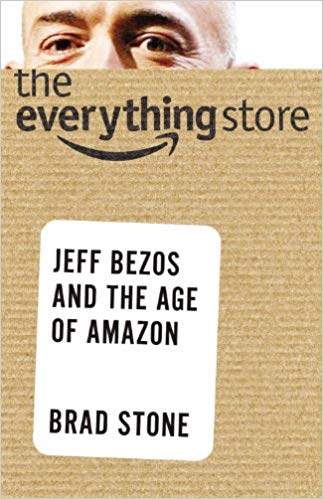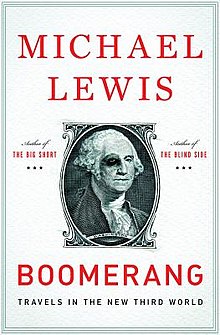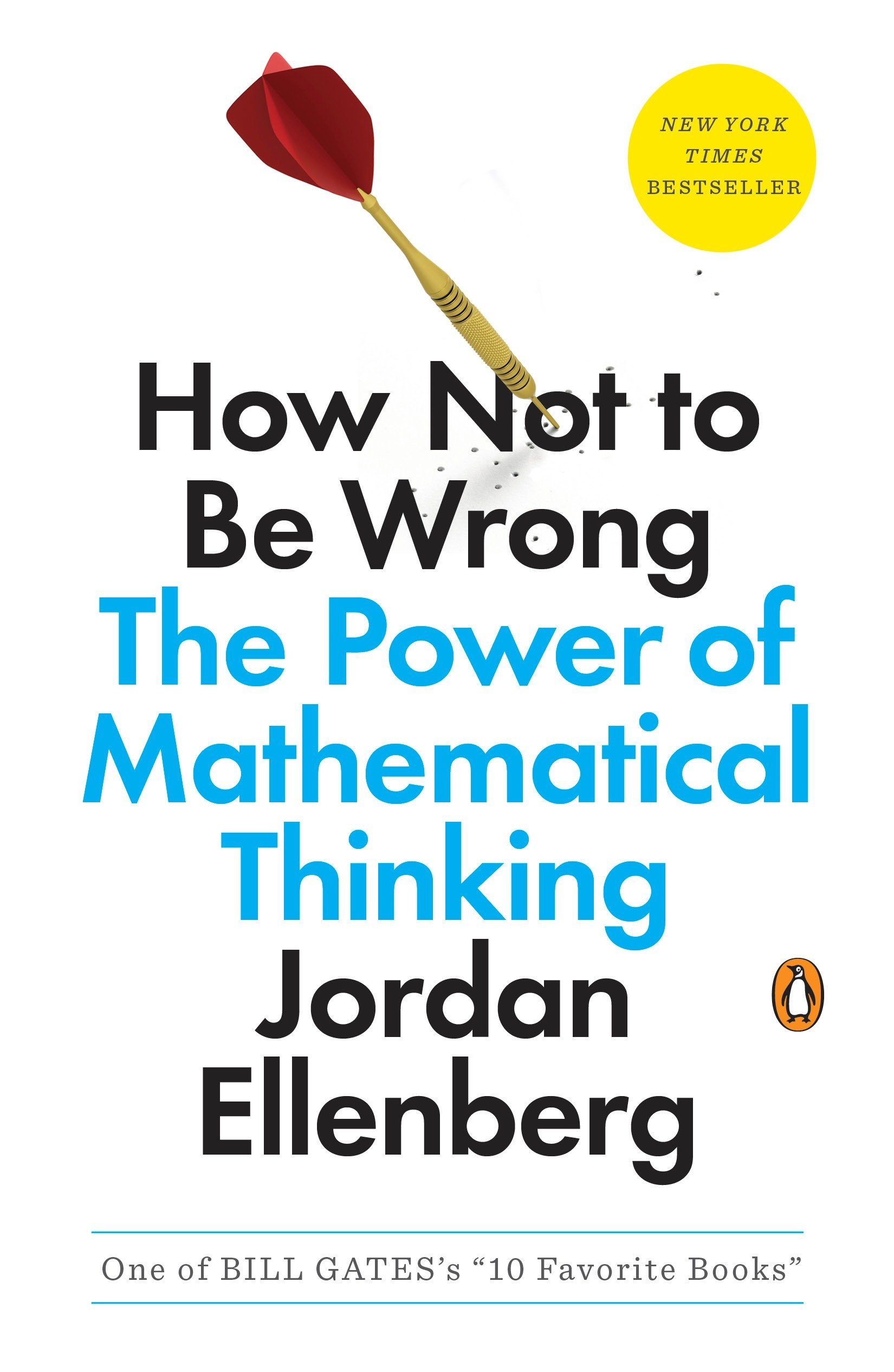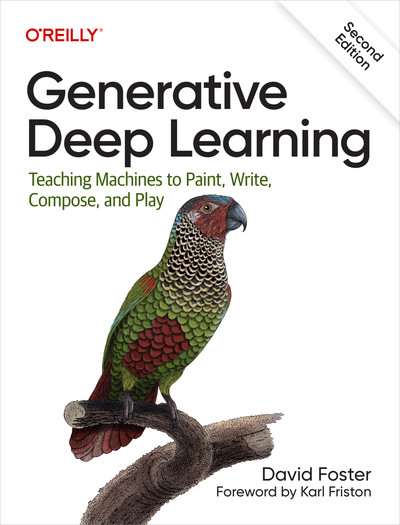Book roundup, February 2019
I finished these three books in three different formats, which is kinda interesting to me.
Jeff Bezos autobiography The Everything Store basically follows the chronological order of how Bezos started Amazon, and his philosophy behind this giant. As far as I can tell, the Amazon’s bottom line is to cut the costs as much as possible, even if that means to squeeze the suppliers, so that Amazon can pass the low cost to the customers. I can understand this is a noble goal, and budget seeking customers (i.e. most of us) would appreciate that. However, such belt-tightening strategy that makes Amazon what it is today doesn’t make its public image too appealing, as seen in the recent New York HQ2 controversy. This pricing strategy is also at full display in the case of AWS: albeit enjoying a monopoly in the early days, Bezos deliberately sets the price and profit low, such there are no strong motivations for other players to enter the field (counter example will Apple with the iPhone). When other tech giants such as Google and Microsoft realize the full potentials of “the could”, they can hardly see Amazon’s tail lights. Overall, a very intriguing book, and I finished it on Audible: for autobiographies, even if I skipped a few paragraphs since I wasn’t paying attention, nothing too much is lost. They don’t really 100% focus so I can do something else in the meantime, like running.
I read Michael Lewis’s Boomerang on Kindle. Michael Lewis has the magic of turning (mostly financially) technical concepts to layman’s language, a skill I truly admire. In this book, which is written shortly after The Big Short, he reveals the less-discussed topic of sovereign debts. He travels to countries and places hit by them hard: Iceland, Greece, Ireland, California, and tells the story as he encounters local people (e.g. Arnold Schwarzenegger). It seems to me, the problem roots deep in various culture – people are indebted beyond repair since they are living beyond their means, and those people expect they should live such lives (case in point: Greece). Wall Street hasn’t been helping either, so long they can make profits today, tomorrow is a concept too far away.
The third book, How Not to Be Wrong, took the most of me. I actually bought the paperback from Strand, after reading the first few pages. I can sense the language are quite subtle at times, and not being a native English speaker, I probably could appreciate the book to the fullest, but still, every minute was well spent. The author, Jordan Ellenberg, tries to explain everything in a quantitatively (i.e., mathematical) manner, with ample of everyday examples. As a result, the book consists of segments of stories that might seem out of nowhere, but he has done such an excellent job of making them interesting. Things I am especially fond of: how to prove \(\sqrt{2}\) is an irrational number (starting from let’s say \(\sqrt{2}\) is a rational number, then we can write is as \(p/q\)…); how to game the Massachusetts lottery system (of course by MIT nerds); the loop-hole in the Constitution of United States of America by Gödel (it doesn’t say what it is, but the 2000 United States presidential election in Florida surely didn’t help); how to solve Buffon’s needle problem without calculus. Just to name a few. Full of gems! Yet towards the end, the author asks how far we can extend the rigorous mathematical reasoning to everyday life, that everything can be, and should be, derived from a set of axioms. Probably we should not.
Next one up, Gödel, Escher, Bach. I am very looking forward to it!






Leave a Comment